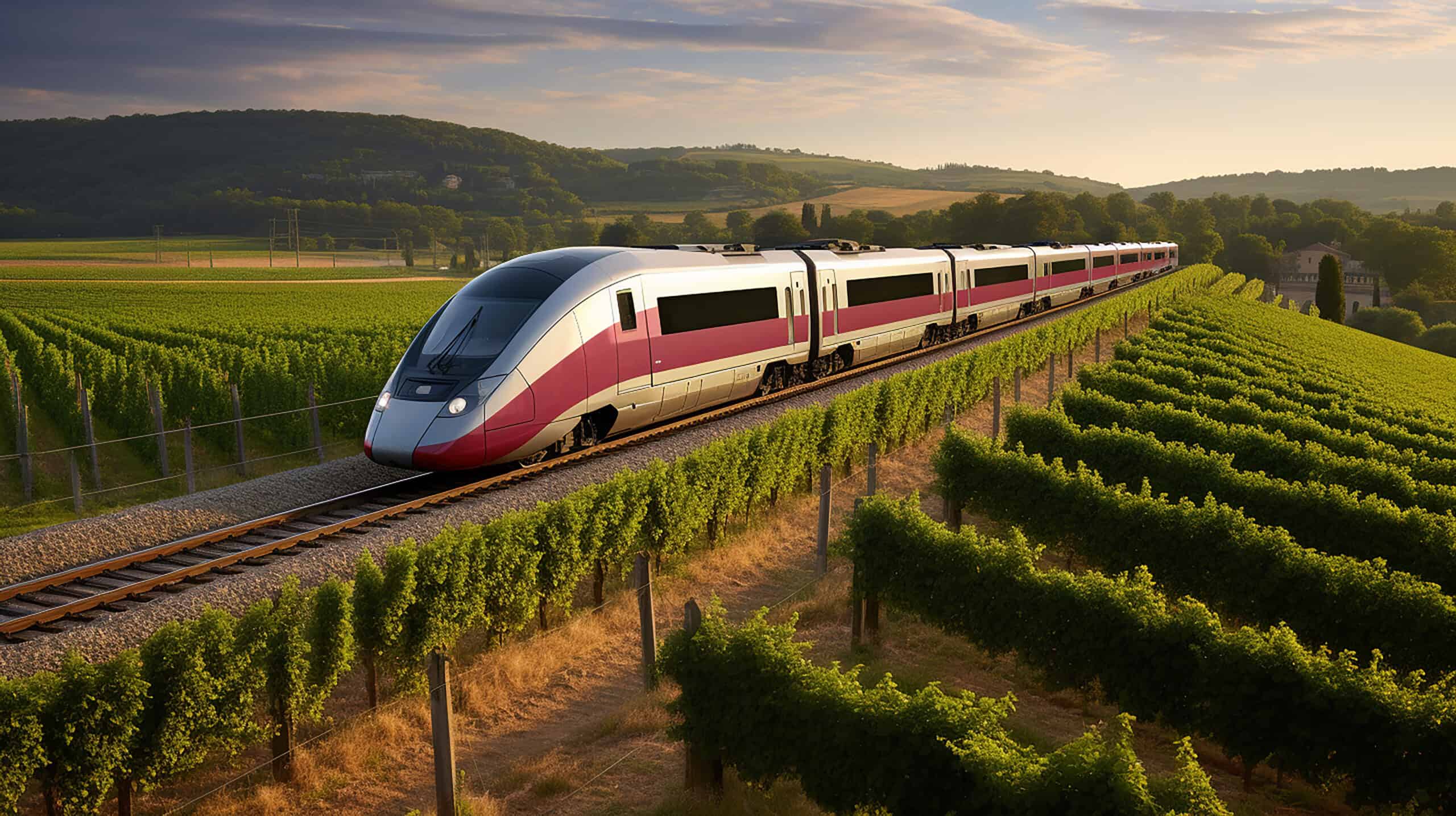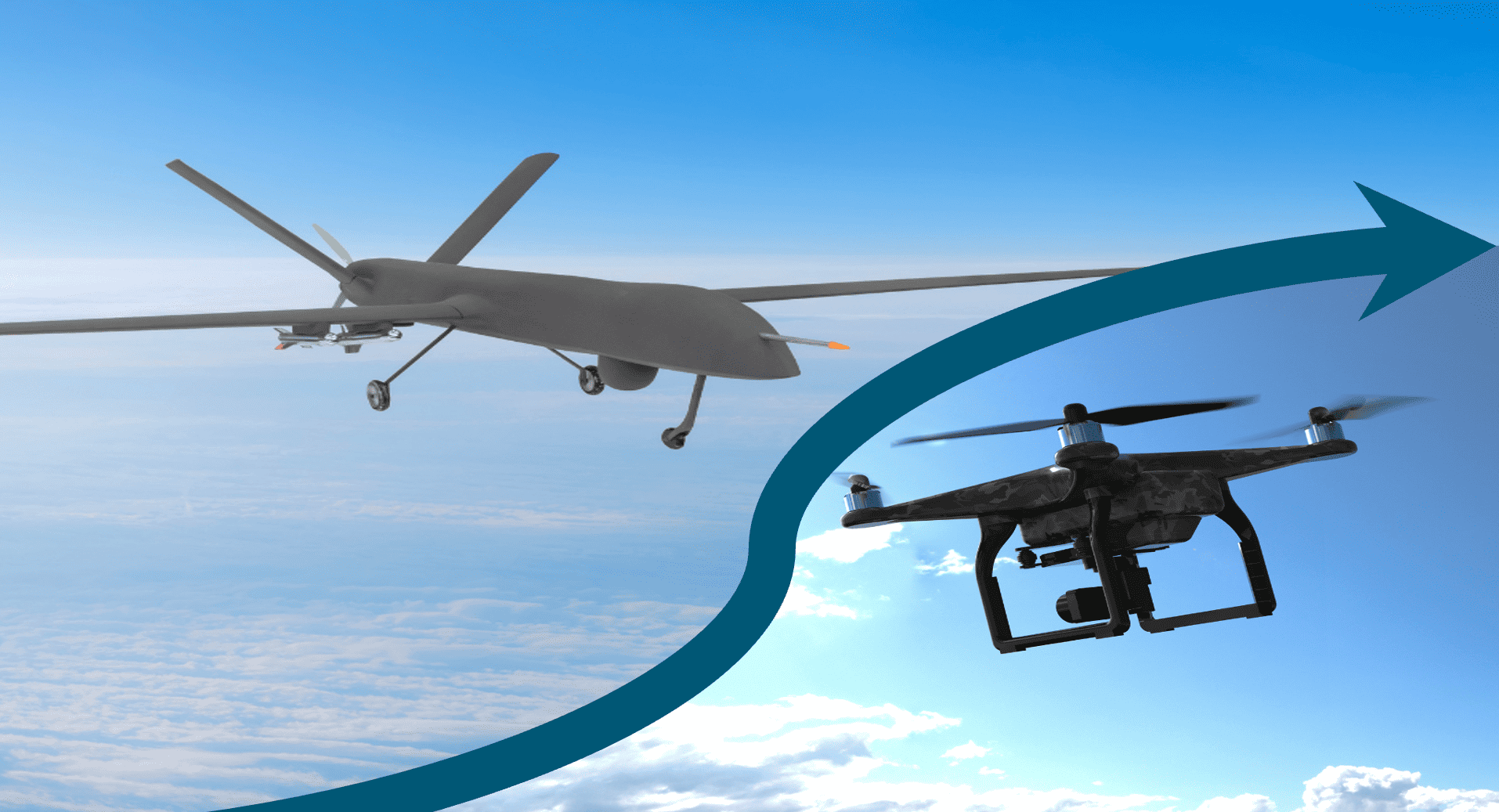
Unlocking cross-border transportation: navigating challenges to make trains the preferred choice for European cross-border travellers
As the Netherlands stands on the cusp of a new government and
The atmosphere in Brussels over the last months has been changing, and it is no wonder. The most emblematic buildings of the European Union (EU) are already decorated with posters announcing this year’s pivotal event: the European elections. Approximately 400 million European citizens will soon exercise their democratic rights at the polls in June, shaping Europe’s trajectory for the next five years.
The impending conclusion of the current legislative term invites us to reflect on the agri-food initiatives undertaken by the EU in the past five years and consider the potential priorities of the next five years’ mandate.
The (first) mandate of the President of the European Commission, Ursula Von der Leyen, is strongly marked by the European Green Deal, an ambitious strategy to achieve climate neutrality in Europe by 2050. It further led to the Farm to Fork Strategy as a roadmap for the decarbonisation of the agri-food sector.
Within its framework, important European initiatives were passed, such as the Corporate Sustainability Due Diligence Directive (CSDDD), which addresses companies’ human rights and environmental impacts; and the Deforestation Regulation, which seeks reducing EU’s global deforestation impact.
Both initiatives have implications for companies from third countries, as over the past mandate the EU has seized the opportunity to extend its legislative power globally.
The 2019-2024 period has brought its loads of challenges for the European administration that demanded unprecedented adaptability, such as the Covid-19 pandemic in 2020-2021 and the outbreak of the Ukraine War in February 2022. Both scenarios lead to a “supply chain crises” that showed the vulnerability of Europe’s agri-food sector to global shocks highlighting the need for more resilient food systems.
As a result, EU decision-makers responded to the disrupting situation by prioritizing concerns like enhancing EU’s strategic autonomy and food security. At the same time, discontent within the farming community was fuelled by various factors (e.g., lingering impacts of inflation, increased costs of environmental compliance, low prices and livelihood).
All those events have led to the postponement of several initiatives of the Farm to Fork Strategy, namely concerning sustainable food systems, the EU Protein Strategy, food labelling, and nutrient profiles. Other initiatives were subject to tensed debates, including the New Genomic Techniques (NGTs), the Nature Restoration Law, and some provisions on animal welfare. Lastly, some topics were simply removed from the policy agenda, including the Pesticides Regulation that European Commission President, Ursula von der Leyen, labelled a “symbol of polarization”.
Farmers’ mobilizations have crystallised the attention at EU level and across the Member States, becoming the primary focus of the 2024 election campaign. And that timing is even more strategic as the revision of the Common Agricultural Policy (CAP) will be a major area of work of the next European Commission.
To lay the groundwork for this upcoming reform, the European Union launched a strategic dialogue on the future of agriculture in late 2023. A first targeted review of the CAP has been proposed to address the most pressing concerns of farmers shortly before the elections. But the policy will be a priority of the first half of the next mandate.
Latest polls regarding the European elections anticipate an increase in right-wing representation in the European Parliament. Conservative groups (EPP, ECR, ID) are expected to be the main “winners”. Conversely, support to left-wing and green political groups is expected to decrease.
A more right-leaning European Parliament would call into question the continuation of the EU Farm to Fork Strategy and the transition to sustainable food systems. Instead, policies could be redirected towards the competitiveness of European agriculture, refocusing then on the economic pillar of sustainability.
The outcome of the EU elections and the composition of the next European Parliament may mean a long-term change in the direction that EU agri-food policies will take over the next five years and determine the final fate of relevant agri-food initiatives.


As the Netherlands stands on the cusp of a new government and

European ports are facing increasing drug seizures, particularly in Antwerp, Hamburg, Rotterdam,

Drones represent a significant technological breakthrough that brings both exciting opportunities and